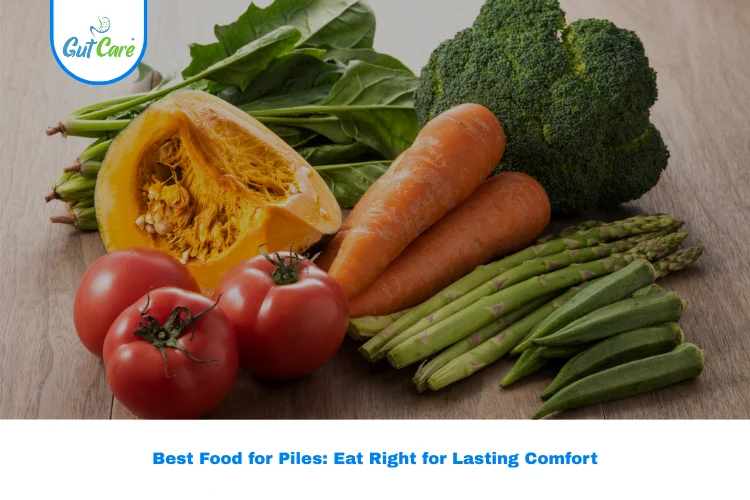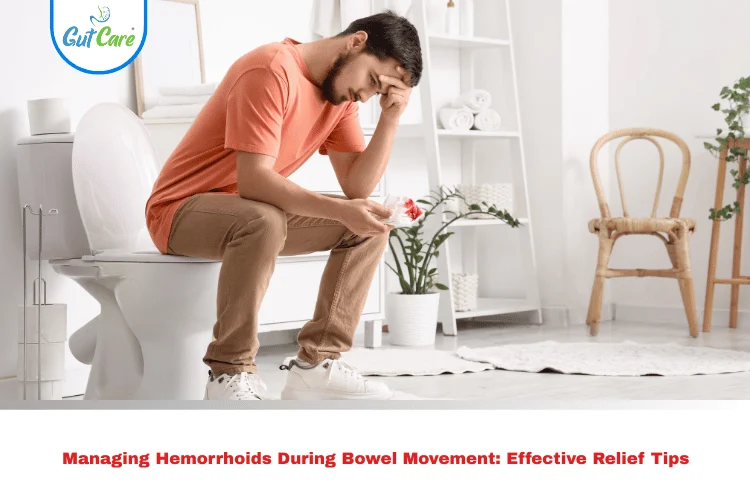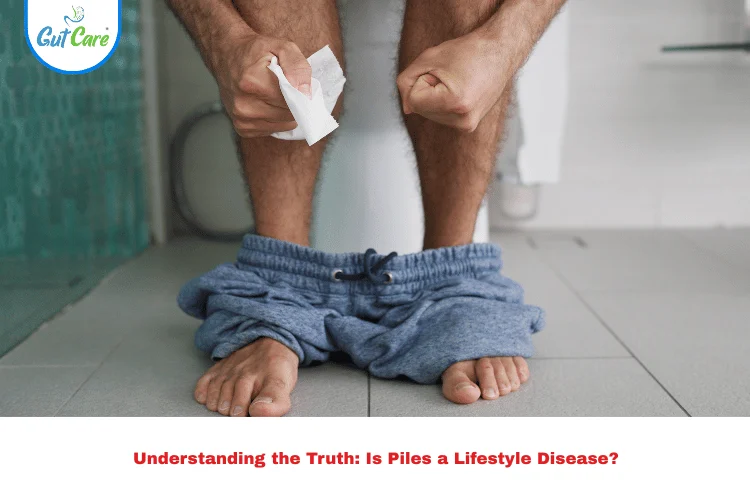If you’re dealing with the discomfort of hemorrhoids, also known as piles, you’re not alone. Millions of people experience this condition, often caused by poor diet, constipation, or prolonged sitting. The good news? Making simple dietary changes can ease your symptoms and prevent future flare-ups. According to Dr. Yuvrajsingh Gehlot, a renowned proctologist and piles specialist doctor at Gutcare Clinics in Bangalore, choosing the best food for piles plays a major role in recovery.
In this blog, we’ll explore foods that support healing, items you should avoid, and why consulting a colorectal surgeon is important if your condition worsens.
Why Diet Matters in Piles
The digestive system is directly linked to hemorrhoid symptoms. When stools are hard, straining becomes necessary, which increases pressure on rectal veins. This leads to swelling, pain, and bleeding. By eating the best food for piles, you can soften stools, ease bowel movements, and reduce irritation.
Best Food for Piles: What to Eat
Here’s a detailed list of foods that act as natural remedies for piles:
1. High Fiber Foods for Piles
Fiber is your best friend when it comes to piles. It bulks up stool and makes it easier to pass. Recommended fiber rich foods for piles include:
- Whole grains (brown rice, oats, quinoa)
- Legumes (lentils, chickpeas, beans)
- Fruits (apples, pears, papaya, bananas)
- Vegetables (broccoli, carrots, spinach, beans)
Aim for at least 25–30 grams of fiber daily.
2. Fresh Fruits and Hydrating Foods
Water-rich fruits like watermelon, oranges, and cucumbers not only add fiber but also hydrate your system. Proper hydration prevents constipation, a major piles trigger.
3. Probiotic-Rich Foods
Yogurt, kefir, and fermented foods restore gut health. A healthy gut ensures smoother digestion and reduces the risk of straining.
4. Good Food for Piles: Nuts and Seeds
Flaxseeds, chia seeds, and almonds are excellent piles remedy food. They are rich in omega-3 fatty acids, which reduce inflammation.
5. Warm Liquids and Herbal Teas
Drinking warm water or herbal teas like chamomile and ginger helps digestion and relieves bloating.
Food to Avoid in Piles
Just as important as knowing what to eat is knowing what to avoid. According to many piles doctors in Bangalore, these foods worsen symptoms:
- Spicy food: Increases irritation and burning.
- Processed foods: Low in fiber and difficult to digest.
- Red meat: Heavy on the stomach, leading to constipation.
- Caffeine and alcohol: Dehydrating, which makes stools harder.
- Fried and oily foods: Slow down digestion.
Eliminating these items can significantly reduce discomfort.
Piles Treatment Food: Doctor’s Insights
Dr. Yuvrajsingh Gehlot emphasizes that while dietary changes are effective, not every case can be managed through food alone. Chronic or severe hemorrhoids may require medical attention. A colorectal surgeon or piles specialist doctor can recommend advanced treatments like laser surgery if needed.
At Gutcare Clinics in Bangalore, patients receive personalized care from experts, making it one of the best options for those searching for the best doctor for piles.
When to See a Doctor
While dietary remedies help mild cases, seek medical advice if you notice:
- Persistent bleeding
- Severe pain
- Prolapse (hemorrhoids coming out of the anus)
- Ineffectiveness of home remedies
Delaying treatment may worsen the condition. Always consult a piles specialist doctor to avoid complications.
Quick Summary: Best Food for Piles
- Eat: High fiber foods, fresh fruits, vegetables, nuts, seeds, probiotics, and hydrating foods.
- Avoid: Spicy, fried, processed, and low-fiber foods, along with alcohol and caffeine.
- Remember: Diet helps, but consult a professional if symptoms persist.
FAQs On Best Food For Piles
1. What is the best food for piles relief?
The best foods for piles relief are high fiber options like whole grains, fruits, and vegetables. These act as piles treatment food by softening stools and preventing constipation.
2. Which foods should I avoid if I have piles?
Food to avoid in piles includes spicy meals, fried foods, alcohol, and caffeine, as they worsen irritation and cause dehydration.
3. Can diet alone cure piles?
Diet helps greatly by reducing symptoms, but severe cases often require the expertise of a colorectal surgeon or piles specialist doctor.
4. Who is the best doctor for piles in Bangalore?
Patients often recommend Dr. Yuvrajsingh Gehlot at Gutcare Clinics in Bangalore, known for being one of the best doctors for piles with advanced treatment options.
5. Are nuts and seeds good food for piles?
Yes, nuts and seeds like flaxseeds and almonds are considered good food for piles because they are fiber-rich and reduce inflammation.




